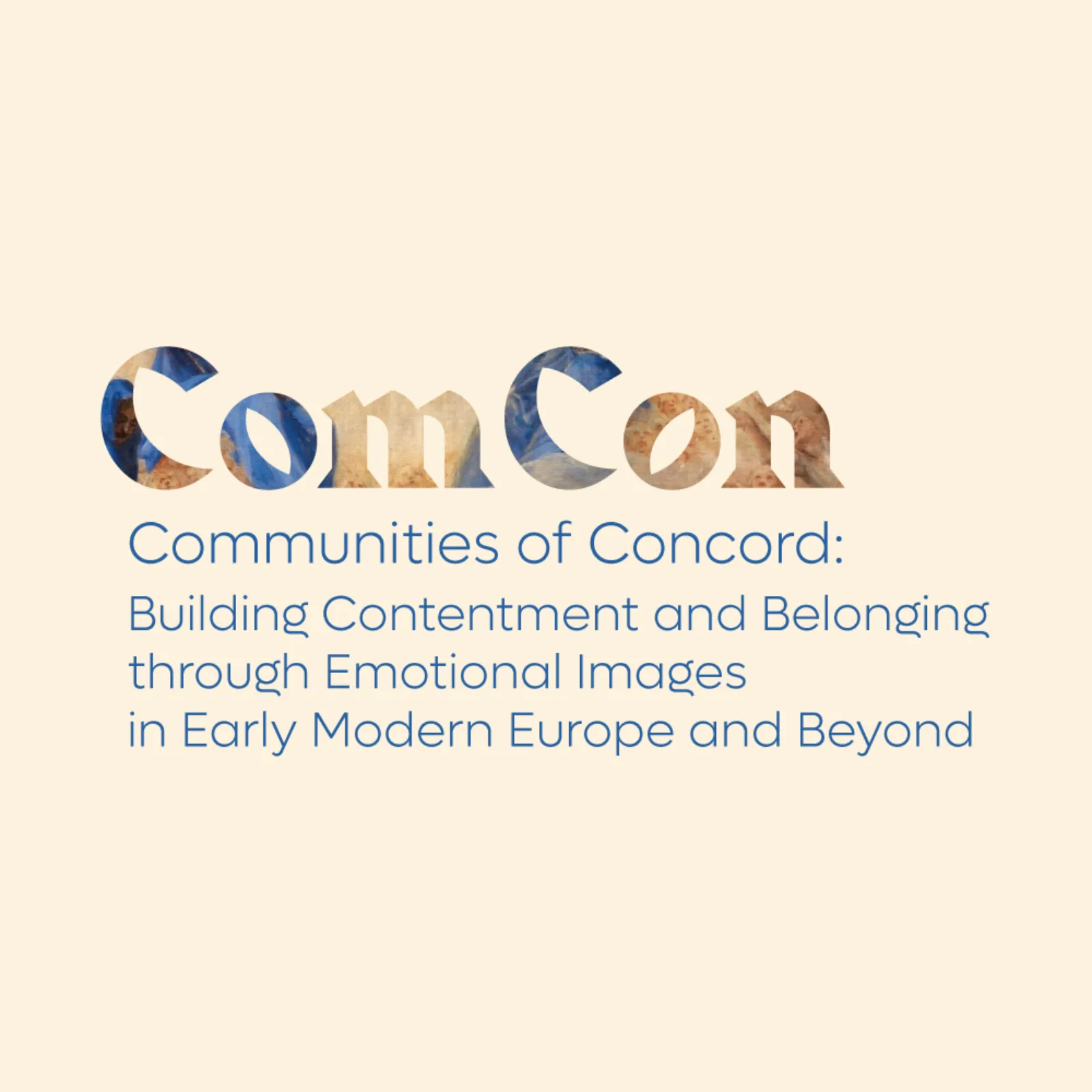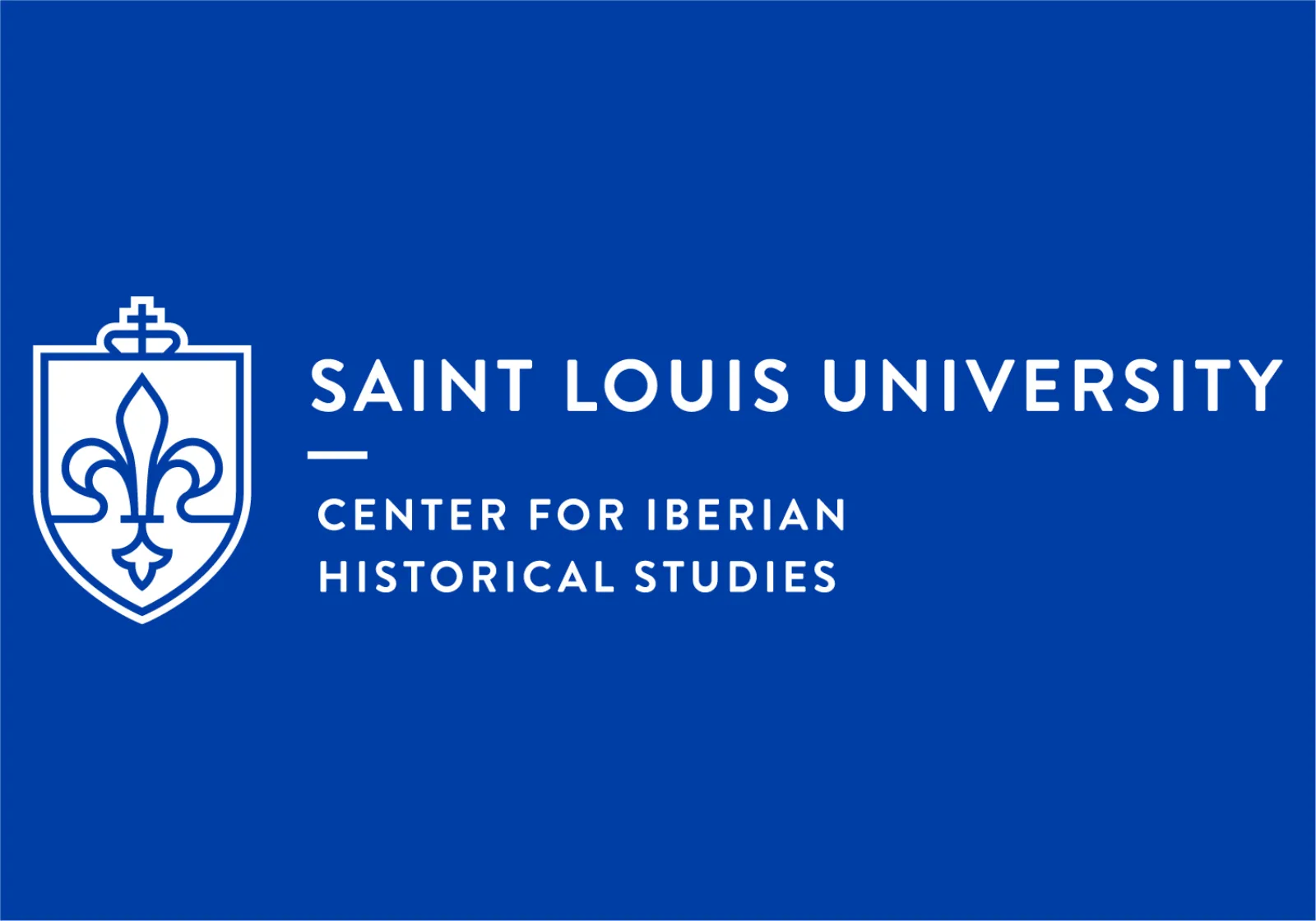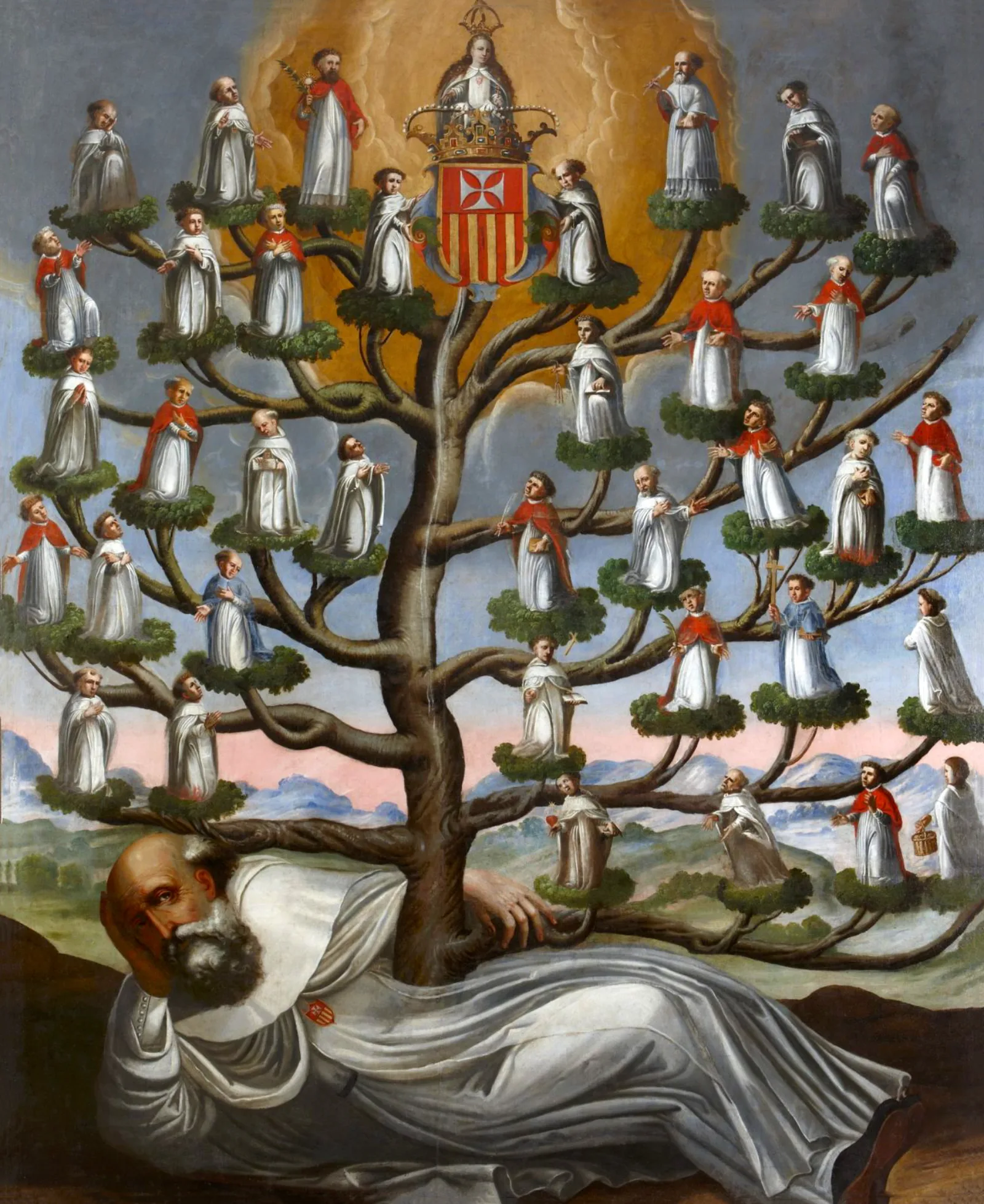Description
Research dedicated to the history of Iberian circulations, exchanges, and interactions during the early modern period has been conditioned by three predominant historiographical paradigms: “composite” and “polycentric” monarchies as well as “connected histories”. This colloquium proposes to add a fourth framework of analysis. This framework is best defined as “rhizomatic.”
Departing from the pioneering work of philosopher Gilles Deleuze, and psychoanalyst, Félix Guattari, entitled Mille Plateaux (1980), Newberry fellows and affiliates will reflect on the implications of the "rhizome" in their work. By relying on fields as varied as the social history of ideas, images, and translation as well as the global history of art, the history of colonial certification practices, passing through new approaches to Iberian literary studies and unconnected stories, this colloquium will test the relevance of the botanical analogy of the rhizome to understand early-modern ways of making and unmaking worlds.
Works by other contemporary philosophers, historians, creative writers, and anthropologists that either reacted or expanded the notion of the rhizome will be put in conversation with early modern and current scholarship. All are welcome to join and contribute to this open, tentative, and rhizomatic conversation!
Participants
Claire Gilbert (Saint Louis University)
Diana Berruezo Sánchez (University of Barcelona and University of Oxford)
Andrea Reed-Leal (University of Chicago)
Jessica Goethals (University of Alabama)
Zozan Pehlivan (University of Minnesota)
Javier Villa-Flores (Emory University)
Miguel Martínez (University of Chicago)
Accessibility
This event is free and open to the public. No registration is required.



